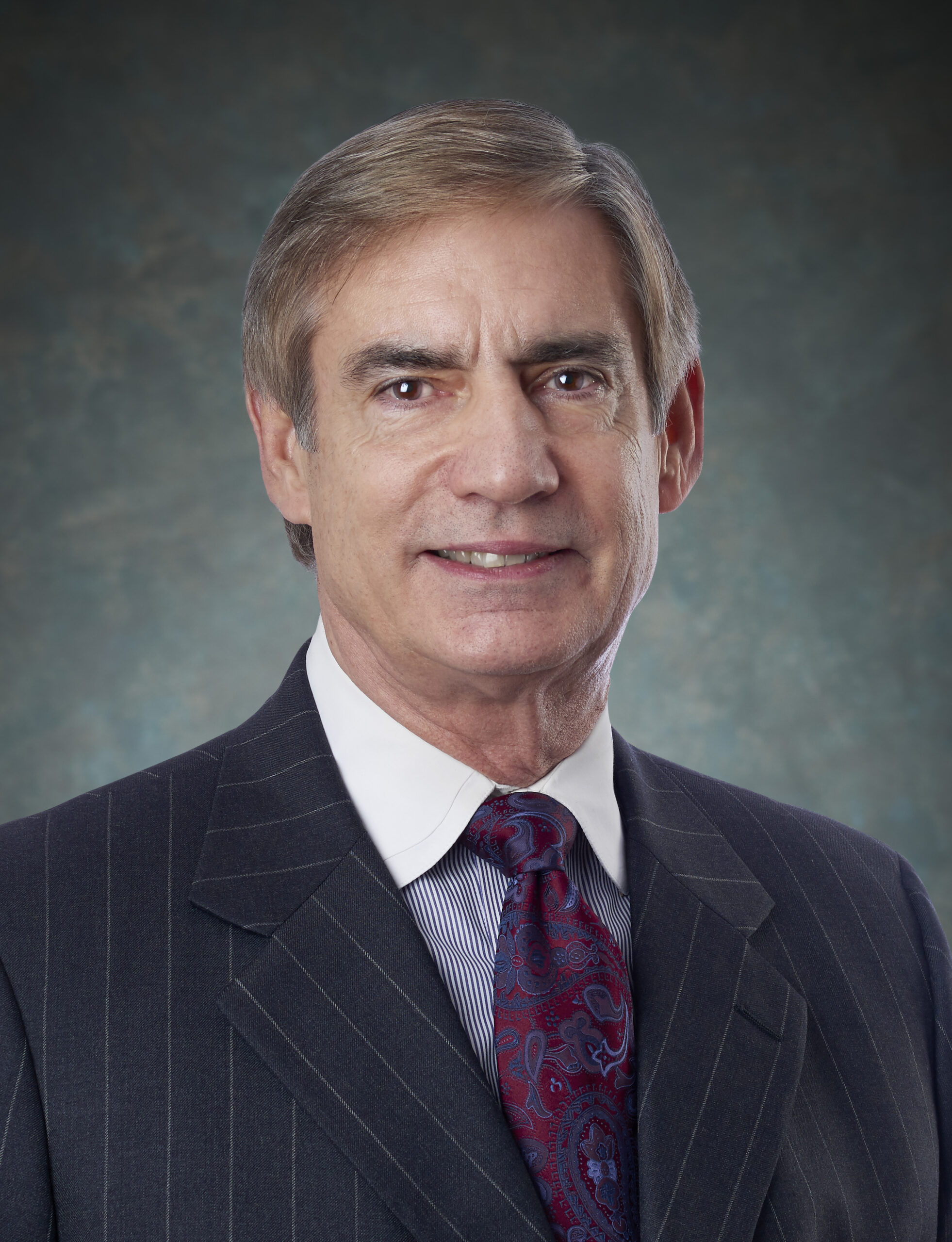The NLRB is a federal agency charged with investigating and remedying unfair labor practices under the National Labor Relations Act. The NLRB’s General Counsel investigates and prosecutes complaints. If the General Counsel’s office elects to prosecute a case, it is heard before administrative law judges at regional NLRB offices, who decide the merits of the cases.
The press release confirmed the General Counsel’s intent to prosecute 43 of the 181 complaints filed against McDonald’s under a joint-employer theory of liability and does not constitute a determination by an NLRB administrative judge, or the NLRB, that McDonald’s, or franchisors in general, are joint-employers of their franchisees’ employees.
Although the NLRB has not disclosed the underlying facts in the McDonald’s cases that lead its General Counsel to issue the July 29, 2014 press release, we may be able to infer the facts from seven separate lawsuits pending before United States District Courts in California, Michigan and New York, where McDonald’s workers have alleged that McDonald’s is a joint employer of its franchisee’s employees and is therefore liable for alleged violations of the United States Fair Labor Standards Act (“FLSA”). FLSA requires employers to pay a minimum wage of at least $7.50 per hour, and to provide workers with overtime compensation at a rate of one and one half times their standard rate of pay for all time worked past forty hours a week. The franchisees’ employees claim that McDonald’s franchisees engaged in systematic wage theft by failing to pay overtime and by failing to pay wages for hours worked by taking employees “off of the clock” while working or by making the employees wait on site to start or stop a shift.
The lawsuits further allege that McDonald’s was liable as a joint employer for these infractions because it prescribed the labor-scheduling software used by franchisees to measure their labor costs in real time, and which allegedly led to franchisees taking their workers off the clock when labor costs approached certain levels. In addition, the complaints allege that McDonald’s used business consultants to inspect and advise franchisees on labor costs. Therefore, the employees argue, McDonald’s should be held jointly liable for the wage violations of its franchisees.
While none of the underlying cases against McDonald’s have been decided, and no orders have been issued against McDonald’s, the McDonald’s cases represent a shift in how franchisor/franchisee relationships may be viewed going forward for purposes of compliance with wage and labor relations laws. Indeed, there is a case pending before the NLRB, Browning-Ferris Industries, in which the primary issue is the proper standard for determining who is a “joint employee.” The case is fully briefed and a decision is expected at any time. The NLRB’s General Counsel filed an amicus brief in the Browning-Ferris case stating that the NLRB should “continue to exempt franchisors from joint-employer status to the extent that their indirect control over employee working conditions is related to their legitimate interest in protecting the quality of their product or brand.” However, the General Counsel goes on to say that “the ‘traditional standard’ cases finding that franchisors were not joint employers [under the NLRA] preceded the advent of new technology that has enabled franchisors to exercise indirect control over employee working conditions beyond what is arguably necessary to protect the quality of the product/brand.” Essentially, the General Counsel seeks to keep the door open to prosecute claims against franchisors on a case-by-case basis.
While McDonald’s alleged practices are not generally used by franchisors, NLRB rulings and other cases and laws attaching joint-employer liability on franchisors may have potentially far-reaching effects. This is an evolving topic, and we will report new developments as they arise.
Carl E. Zwisler, IDI franchising Country Expert for U.S.A., and Janaki J. Gray Plant Mooty, Washington, D.C.
